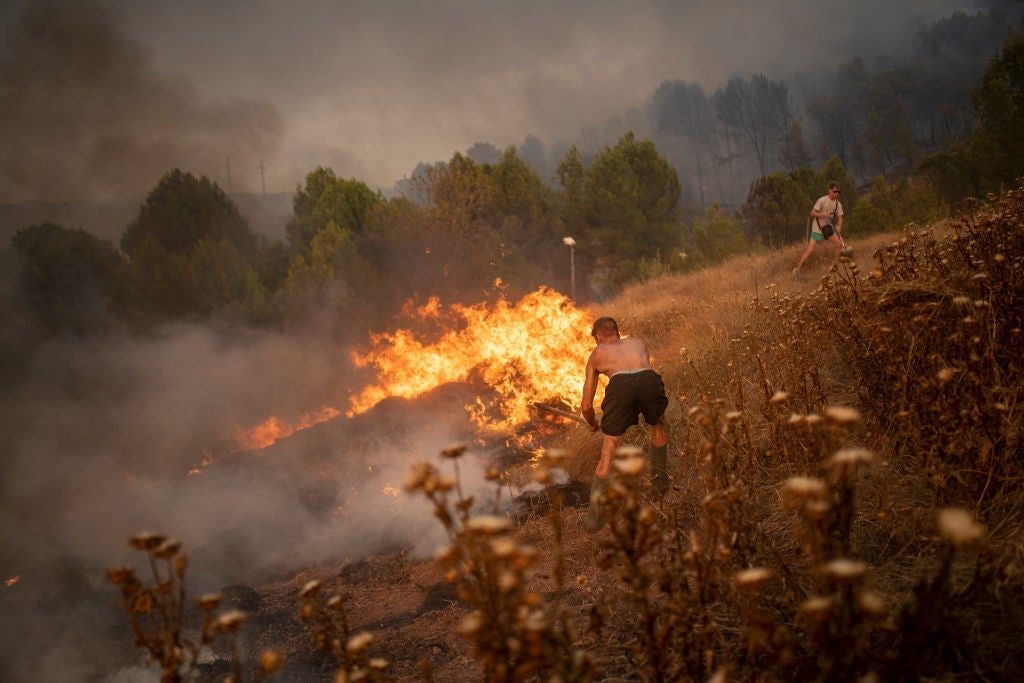
More frequent extreme weather events are set to trigger a cascade of second order climate risks such as civil unrest, political instability, food insecurity, mass migration and worsening human rights, according to research by risk intelligence company Verisk Maplecroft.
The research, which evaluates the susceptibility of 196 countries to these risks, states that the world is split into three near even groups of insulated, precarious and vulnerable countries.
“Clearly, risks around governance, politics and society already exist and will be on investors’ radars, but the extent to which climate change will accelerate and deepen those threats is difficult to track and could have unpredictable impacts on credit and overall investability,” says Will Nichols, head of climate risk and resilience at Verisk Maplecroft.
Africa and Asia to bear brunt of climate change instability
Africa and Asia’s developing economies, including countries such as India, Indonesia and South Africa, are considered to fall in the 'vulnerable' category and are set to face particularly severe challenges, with potential implications for the stability of their economies and societies, according to the report.
Countries that are in the 'precarious' grouping, such as Brazil, Mexico and Russia, could also experience significant instability from secondary climate risks.
China is another country that falls under the 'precarious' ranking. The report states that China's impressive economic performance in the past few decades, and its strong record when it comes to attracting foreign direct investment, can act as a safeguard. Nevertheless, negative shifts in political or societal risk could see its susceptibility to climate risks climb.
The report states that no country will remain immune to these risks, as it is expected that they will traverse borders and regions, and create new geopolitical flashpoints.







